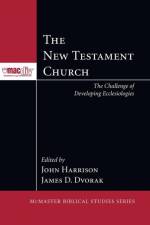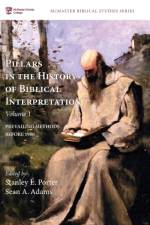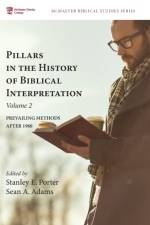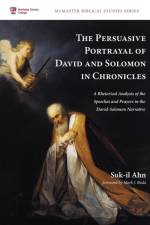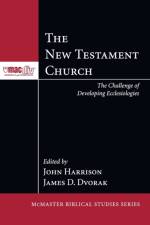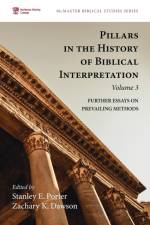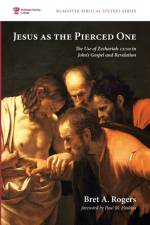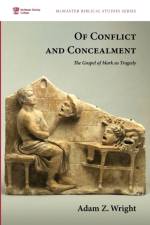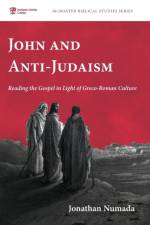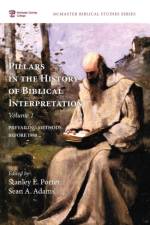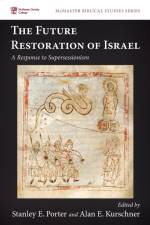701
This two-volume set is part of a growing body of literature concerned with the history of biblical interpretation. The ample introduction first situates key players in the story of the development of the major strands of biblical interpretation since the Enlightenment, identifying how different theoretical and methodological approaches are related to each other and describing the academic environment in which they emerged and developed. Volume 1 contains fourteen essays on twenty-two interpreters who were principally active before 1980, and volume 2 has nineteen essays on twenty-seven of those who were active primarily after this date. Each chapter provides a brief biography of one or more scholars, as well as a detailed description of their major contributions to the field. This is followed by an (often new) application of the scholar's theory. By focusing on the individual scholars and their work, the book recognizes that interpretive approaches arise out of certain circumstances, and that scholars are influenced by, and have influences upon, both other interpreters and the times in which they live. This set is ideal for any class on the history of biblical interpretation and for those who want a greater understanding of how the current field of biblical studies developed.""In this second volume, Dr. Porter and his team of experts survey the field of contemporary biblical interpretation, in all its many and varied forms. They have performed an invaluable service to students and teachers alike, who find it hard to navigate this rapidly expanding universe. A 'must' work of reference for anyone interested in what is happening in biblical studies today.""--Gerald Bray, Research Professor, Beeson Divinity School, Samford University""A pointer to some of the figures influential in recent biblical interpretation that will be particularly helpful to students trying to acquaint themselves with the field.""--L. W. Hurtado, Emeritus Professor of New Testament Language, Literature & Theology, School of Divinity, New College, University of Edinburgh""A worthy successor to its prequel, this volume judiciously selects key biblical interpreters whose work has proved significantly influential in the last generation of scholarship. Some are known for their biblical theology, others for developing new critical methods, and a few for their prodigious output. I am delighted to see this addition to what is otherwise a fairly meager collection of works that in any way overlap with this material.""--Craig L. Blomberg, Distinguished Professor of New Testament, Denver SeminaryStanley E. Porter is President, Dean, and Professor of New Testament, as well as holder of the Roy A. Hope Chair in Christian Worldview at McMaster Divinity College, Hamilton, Ontario, Canada. He has written widely on most topics in New Testament studies, including the history of interpretation. His latest book is When Paul Met Jesus: How an Idea Got Lost in History.Sean A. Adams is Lecturer in New Testament and Ancient Culture at The University of Glasgow, United Kingdom. He has written widely on the relationship between the New Testament and Greek literature and is the author of The Genre of Acts and Collected Biography and Baruch and the Epistle of Jeremiah.

